More Americans believe newspapers should not endorse political candidates than those who think they should, according to a poll conducted by YouGov on October 29.
The poll was released after the news that The Washington Post and the LA Times would break with precedent and not endorse a candidate before the 2024 presidential election.
Of 6,030 adults surveyed, 47 percent believed newspapers should not back a presidential candidate, 28 percent said they should, and 25 percent said they were unsure.
More Democrats than Republicans said newspapers should endorse candidates. 45 percent of Democrats said they supported endorsing candidates, 22 percent of independents, and 17 percent of Republicans.
In contrast, more Republicans, 66 percent, felt that newspapers should not endorse candidates, in comparison to 31 percent of Democrats and 45 percent of Independents.
Independents were the least sure of whether or not newspapers should endorse candidates, at 32 percent, while 24 percent of Democrats and 17 percent of Republicans were not sure.

Men and women were evenly split in terms of their belief as to whether or not newspapers should endorse a candidate.
The poll also found that in terms of age group, the support for newspaper endorsements was fairly evenly split among all age groups, but the majority of those who responded that they should not endorse were 45 and older.
YouGov conducted another survey within the poll in which they asked respondents how often they believe newspapers' endorsements of political candidates influence readers to vote for candidates they were not previously planning to cast their ballots for.
The majority of respondents were split between somewhat often and not very often, with both answers gaining 28 percent of responses each, while 10 percent of respondents said they believed it happened very often, 14 percent said not at all often, and 20 percent were unsure.
The Washington Post's decision not to endorse a candidate was met with backlash from staffers and readers. The Post's former executive editor, described it as "cowardice," "disturbing" and "spinelessness," while 200,000 people reportedly cancelled their subscriptions.
Amazon founder Jeff Bezos, wrote an op-ed that said his decision to not have the newspaper endorse a presidential candidate in this election was to help build trust with readers.
Bezos wrote, "Presidential endorsements do nothing to tip the scales of an election. No undecided voters in Pennsylvania are going to say, 'I'm going with Newspaper A's endorsement.' None. What presidential endorsements actually do is create a perception of bias."
He added, "Ending them is a principled decision, and it's the right one."
Newsweek reached out to The Washington Post and the LA Times for comment via email outside of business hours.
The LA Times' decision not to endorse a presidential candidate ahead of November 5 was reportedly made after owner Patrick Soon-Shiong blocked a plan to endorse Harris, leading to the resignation of editorials editor Mariel Garza.
Do you have a story we should be covering? Do you have any questions about this article? Contact LiveNews@newsweek.com.


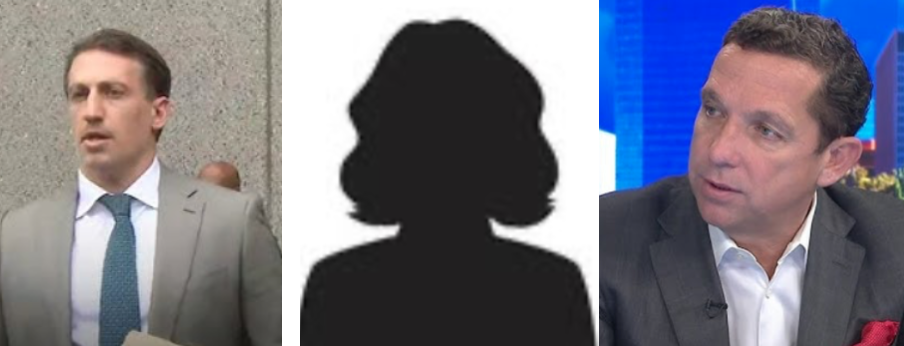
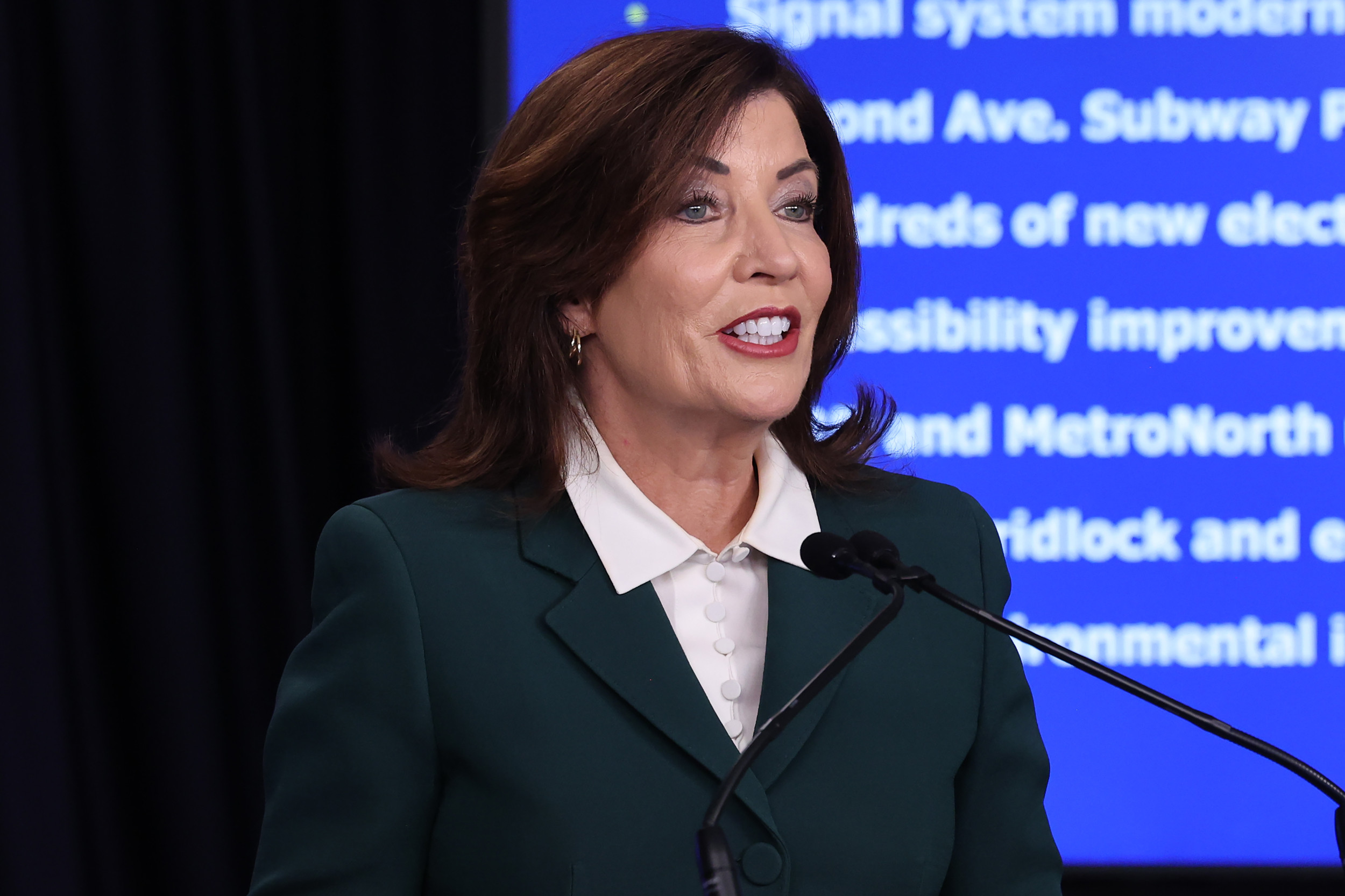




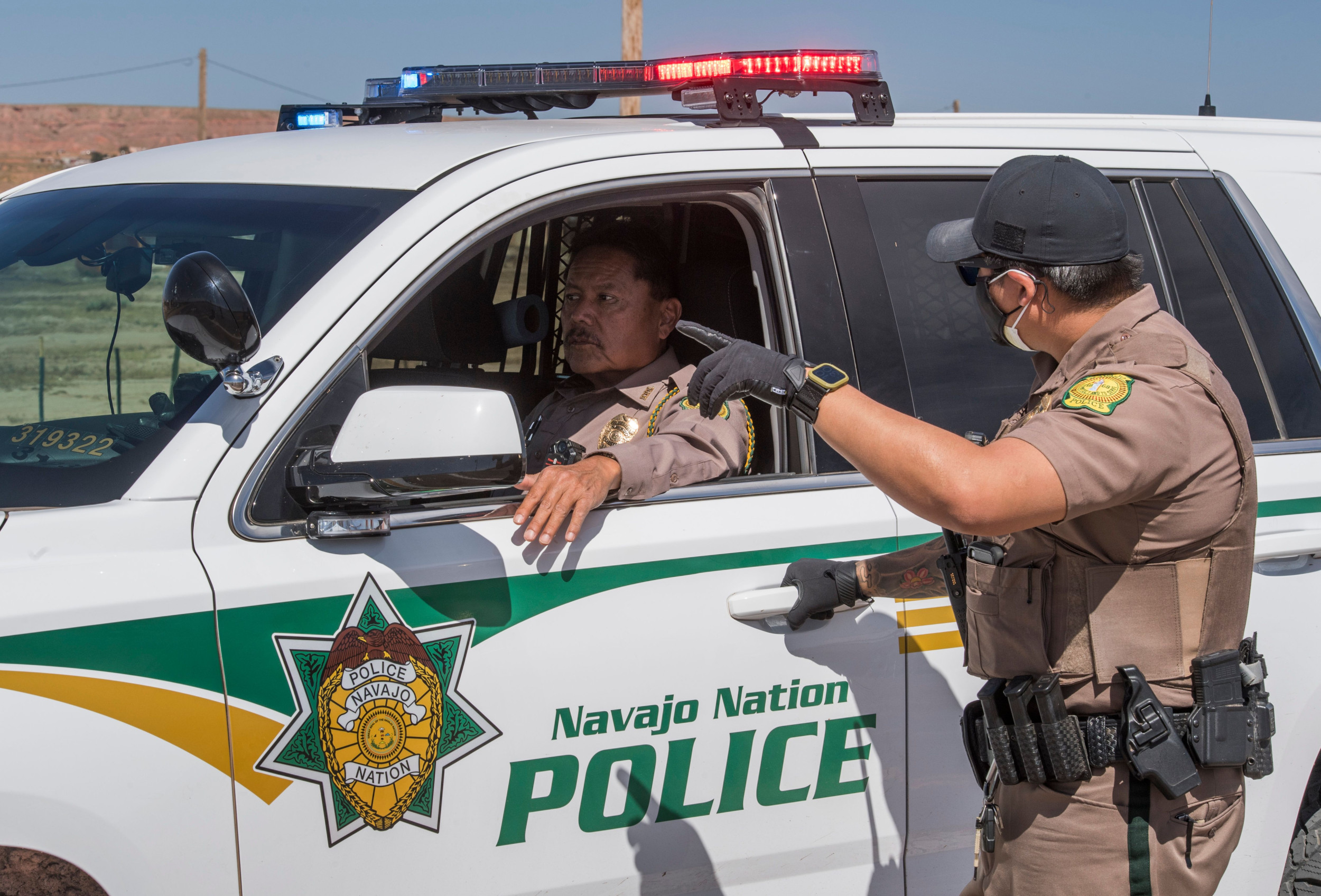
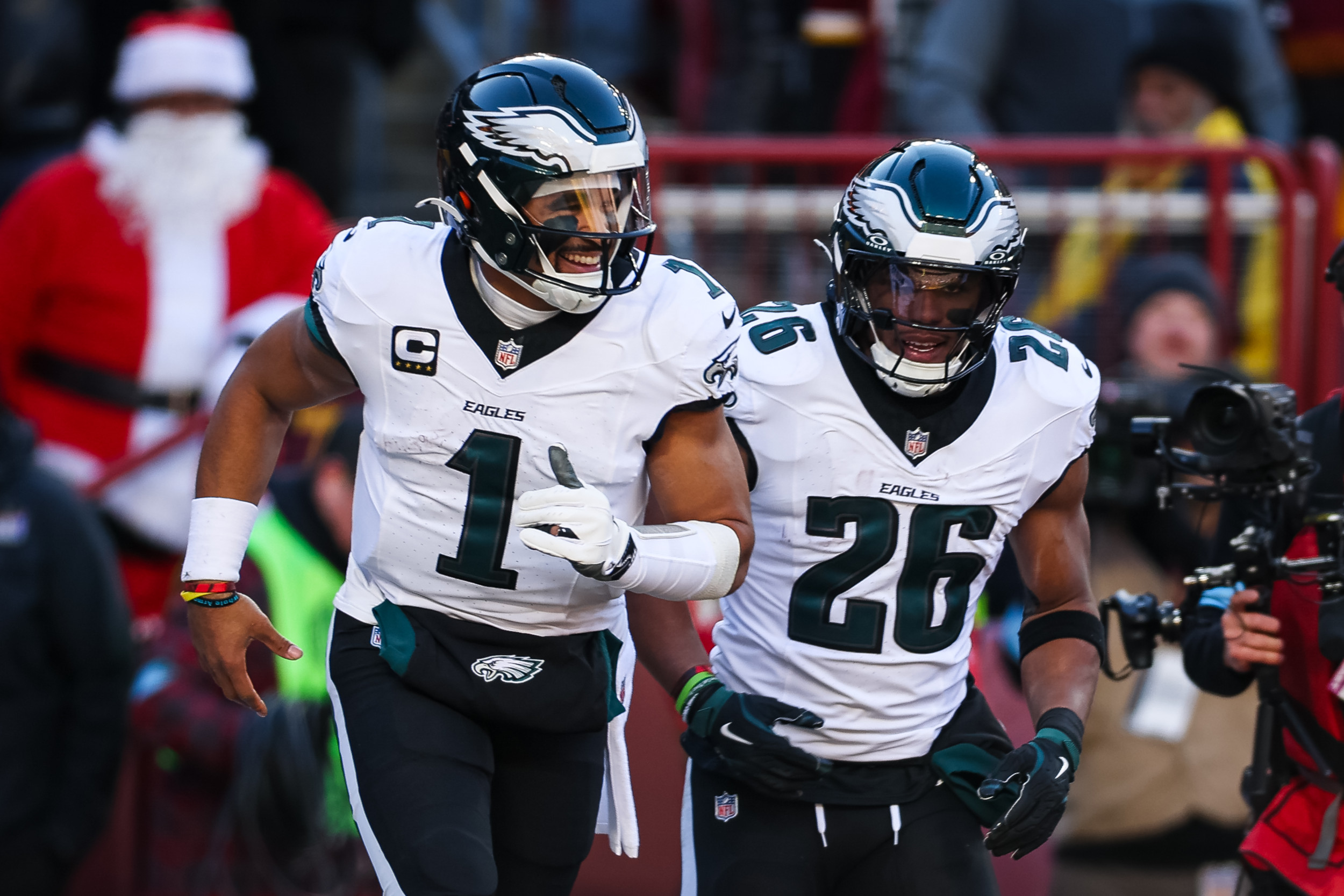

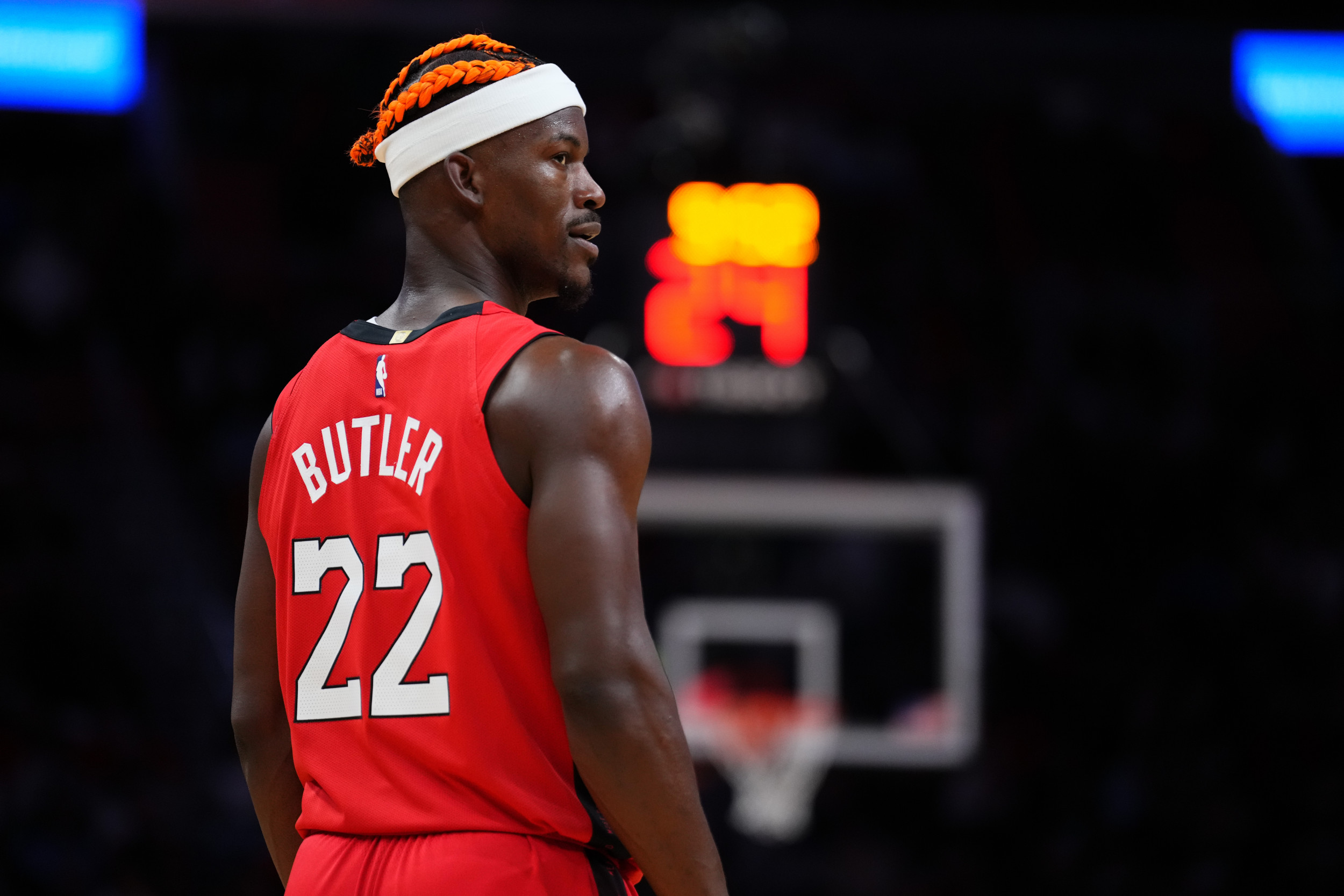








 English (US) ·
English (US) ·